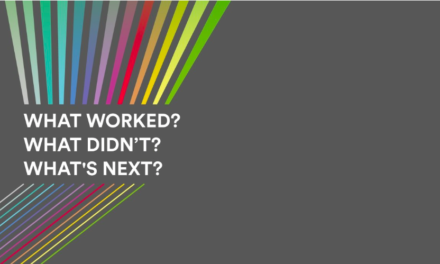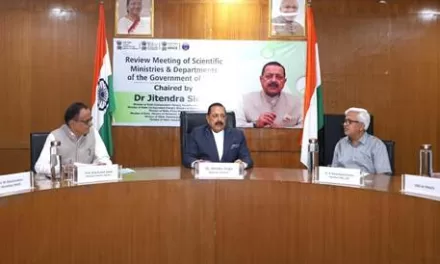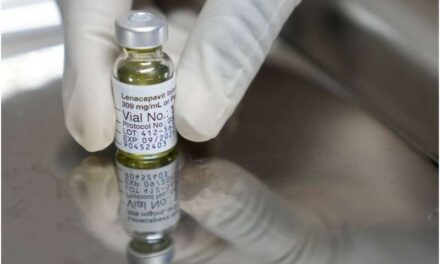The relationship between coffee, tea, and cancer risk has long intrigued researchers, with recent studies providing new insights into potential protective effects. While some evidence suggests that coffee and tea consumption may reduce the risk of certain cancers, inconsistencies and unanswered questions remain.
Encouraging Findings in Cancer Research
Cancer epidemiologists have been investigating the impact of coffee and tea on various cancer types for years. Research has shown weak or inconsistent associations with breast and ovarian cancers, while a growing body of studies indicates that regular coffee drinking could lower the risk of liver, endometrial, and colorectal cancers. A December 2024 analysis pooling data from over a dozen studies further linked higher coffee or tea consumption with a significantly reduced risk for multiple types of head and neck cancer.
However, experts caution against making formal dietary recommendations just yet. Dr. Caroline Um, a researcher at the American Cancer Society, emphasizes the need for continued studies, especially as younger populations increase their coffee and tea intake. The shifting patterns of cancer incidence, including rising rates of colorectal and breast cancer in younger adults, highlight the urgency of understanding potential dietary influences.
Insights from Head and Neck Cancer Studies
A team led by Dr. Yuan-Chin Amy Lee at the Huntsman Cancer Institute examined coffee and tea consumption in relation to head and neck cancers. Analyzing data from 14 studies involving nearly 25,500 participants, they found that heavy coffee drinkers (four or more cups daily) had a significantly lower risk of head and neck cancer compared to non-drinkers. Breaking the data down further, researchers identified reduced risks specifically for oropharyngeal, hypopharyngeal, and oral cavity cancers.
Interestingly, the study also found that decaffeinated coffee was associated with a decreased risk of oral cavity cancer, suggesting that caffeine itself might not be the primary protective factor. Instead, polyphenols and other bioactive compounds present in both coffee and tea may contribute to cancer risk reduction.
Complex Interactions and Unanswered Questions
Despite the promising findings, researchers also encountered unexpected results. For instance, regular tea consumption was linked to a higher risk of laryngeal cancer. One possible explanation is that theophylline, a compound in black tea, could contribute to acid reflux, potentially increasing cancer risk. Similarly, while decaffeinated coffee appeared to lower colorectal cancer risk, high caffeinated coffee consumption was associated with a higher risk for rectal cancer.
Such discrepancies underscore the complexity of the interactions between coffee, tea, and cancer risk. The human microbiome, genetic variations, and beverage preparation methods may all play roles in shaping these associations. Researchers stress the need for more molecular studies to better understand the mechanisms behind these effects.
Future Directions and Challenges
Lee and Um acknowledge the challenges in studying coffee and tea consumption. Differences in beverage preparation, the addition of milk or sugar, and even the origin of coffee beans may influence health outcomes. Furthermore, changing dietary habits complicate long-term research efforts.
With more coffee and tea being consumed than ever before—often with numerous additives—future studies must account for these evolving consumption patterns. The Cancer Prevention Studies (CPS)-III cohort, which collects microbiome samples alongside dietary data, could provide valuable insights into how individual metabolism and gut bacteria influence cancer risk.
For now, while evidence suggests potential benefits from coffee and tea consumption, researchers caution against drawing firm conclusions. More studies, including epidemiological research and randomized trials, are needed before definitive dietary guidelines can be established.
Disclaimer:
This article is for informational purposes only and should not be taken as medical advice. While some research suggests potential health benefits of coffee and tea, individual health decisions should be made in consultation with healthcare professionals. Further studies are necessary to confirm these findings and understand the broader implications.












